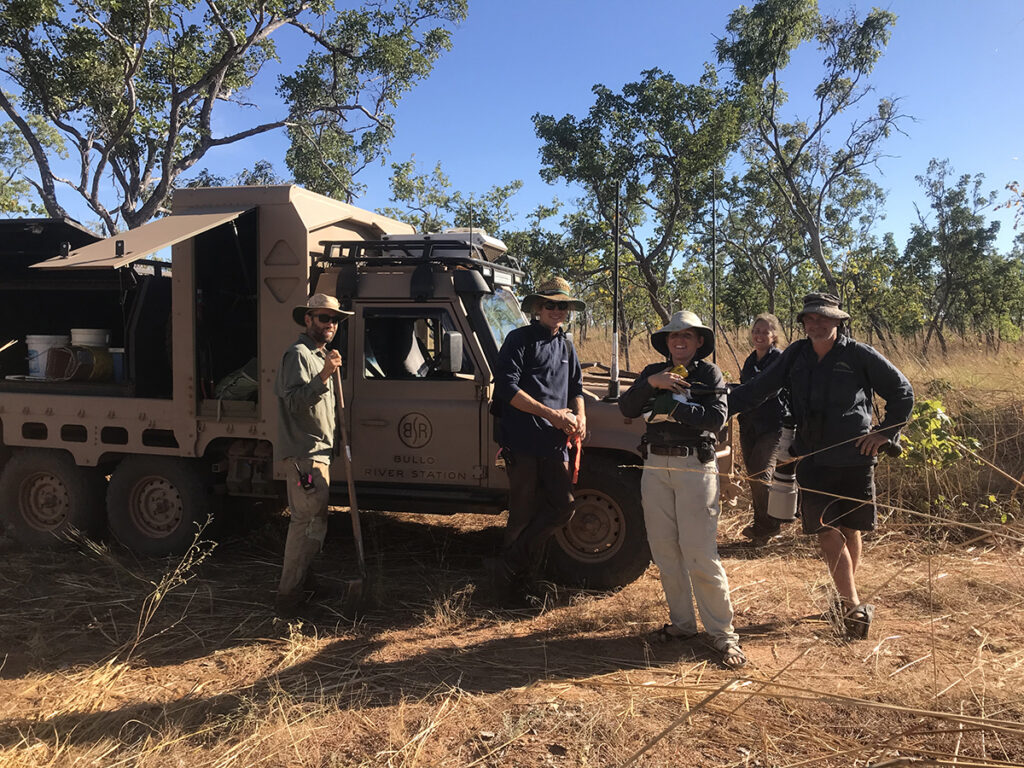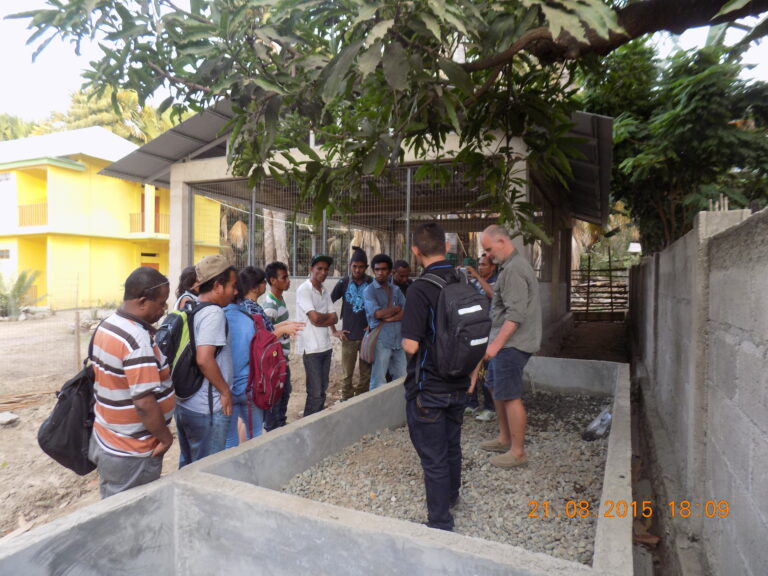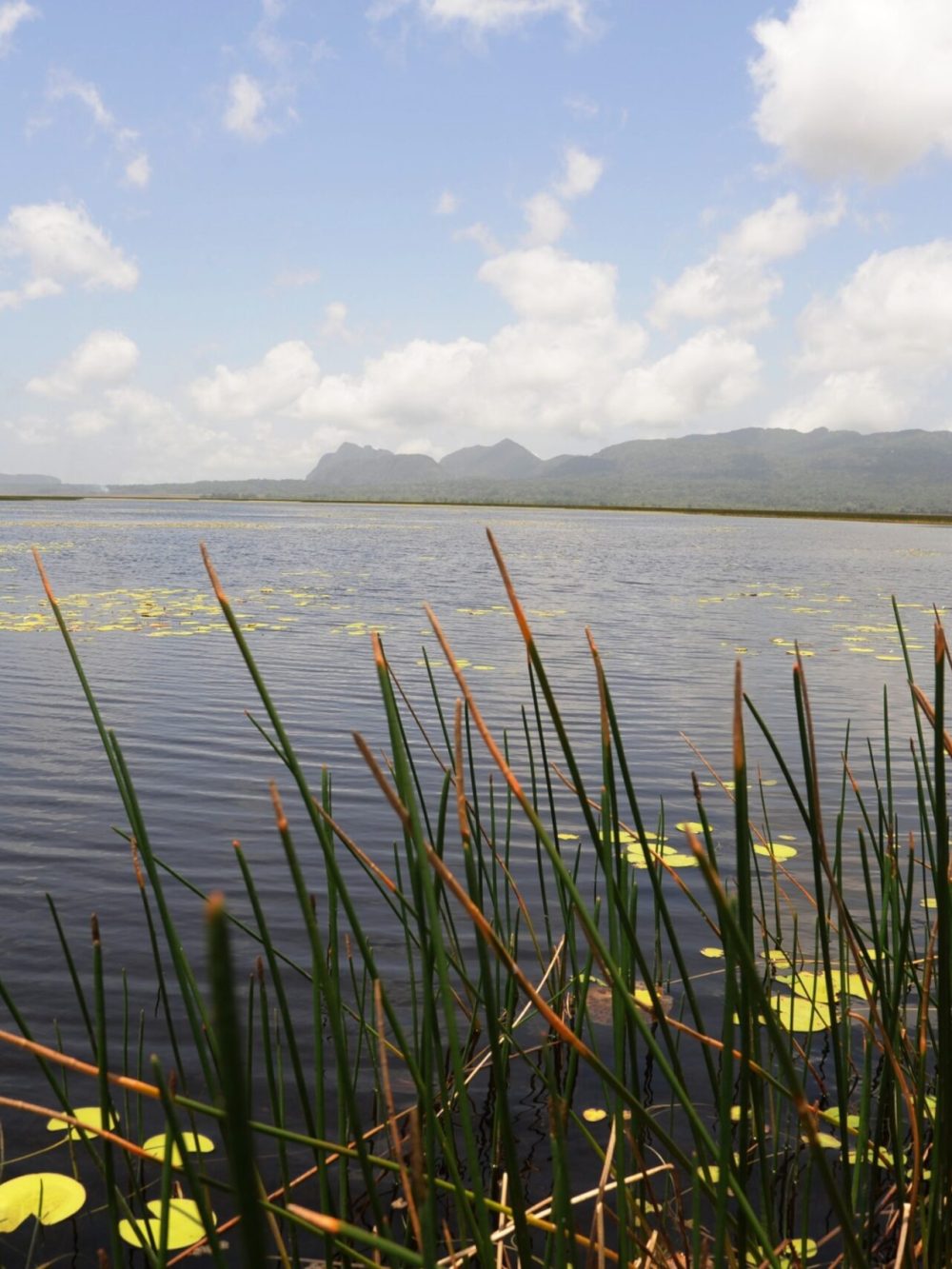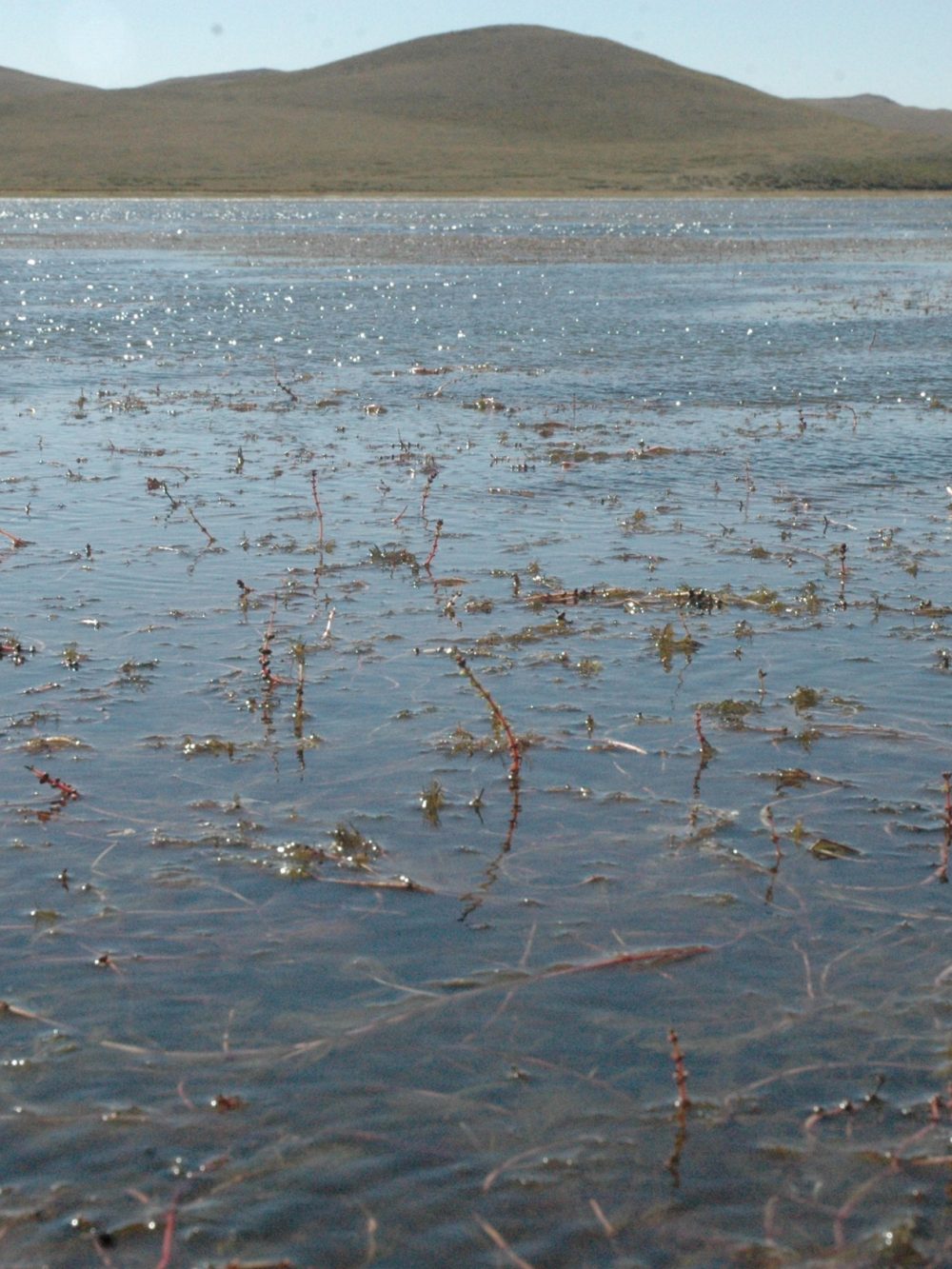Supporting others

WRT makes regular contributions through volunteering, memberships and/or donations to a wide range of not-for-profit organisations and projects. We contribute our time to numerous conservation and environment groups through walks, talks and providing advice on projects. We contribute to purchasing and managing land for conservation. Internationally we have contributed to wetland and other environmental projects in East Timor and Inner Mongolia. For more details see below.
- Fauna and flora surveys Australian Wildlife Conservancy, Bullo River, East Kimberly, WA.
- Fauna and flora surveys Bush Heritage Trust, Ethabuka, South-west QLD.
- Hooded Scaly-foot Pygopus schraderi monitoring ARI, DELWP North Central VIC.
- Heath Skink Egernia multiscutata monitoring ARI DELWP Wyperfeld National Park, VIC.
- Plant survey Bush Heritage Trust, Nardoo Hills, Wedderburn, VIC.
- Numerous other flora and fauna surveys for private landholders.

Establish Greywater treatment systems using wetland plants Timor Leste
Damien worked with Haboras, a Timorese not-for-profit environmental organisation who auspiced the project. Damien worked with Haboras to select and grow appropriate indigenous wetland plants species to establish greywater treatment systems at a number of sites across Timor Leste.

Investigation of a large, limestone (Karst) wetland, Ira Lilarau, Timor Leste
This project was auspiced by Haboras, and driven by the local community at the village of Malahara, Timor Leste. Part of the project involved Damien working with indigenous people to document cultural and medicinal values of wild plants. Another action Damien helped to complete was vegetation description and mapping of a large limestone (Karst) wetland called Ira Lilarau. This important wetland on the eastern end of Timor Leste, was threatened by a hydro power scheme.

Investigation of Wetlands within the Xilingele Biosphere Reserve, Inner Mongolia
Xilingele Biosphere Reserve, a significant grassland reserve in Mongolia, requested Damien and Elaine to conduct an investigation of the wetlands in the reserve and make recommendations for their future management. Major land manager concerns were the contraction in size of some wetlands and the complete drying out of others. Inner Mongolia had experienced an extended period of below average rainfall and this was having a significant impact on the regions water resources along with other factors including extraction of river and ground water for agricultural use, animal husbandry and human consumption and land degradation. A three-week survey and report documented the ecological investigation results, providing recommendations on how the wetlands should be managed to preserve their economic, landscape, water quality protection and ecological values.
